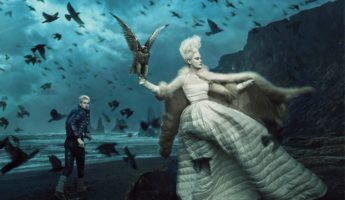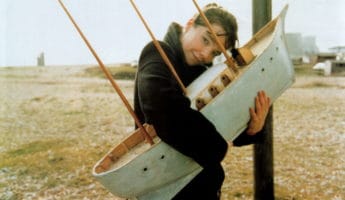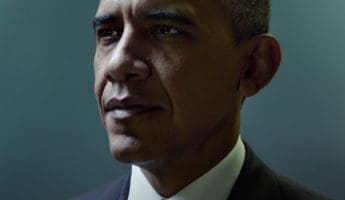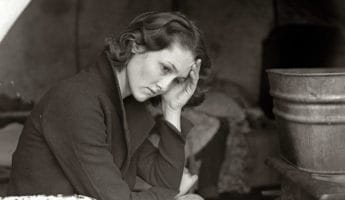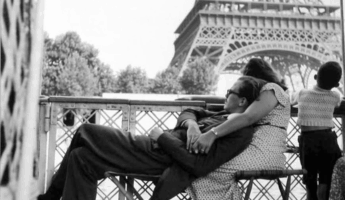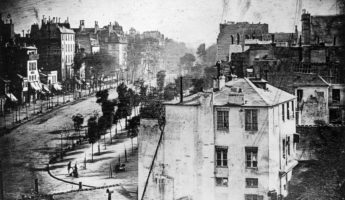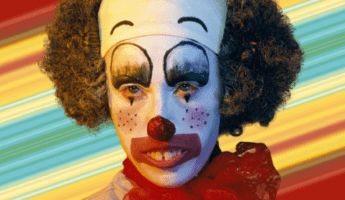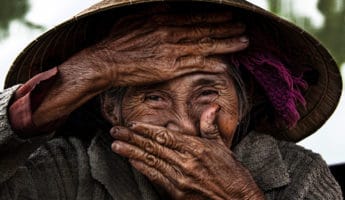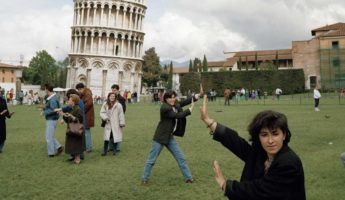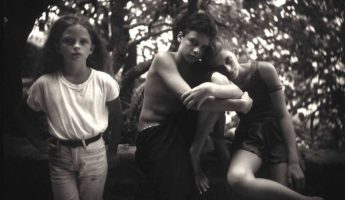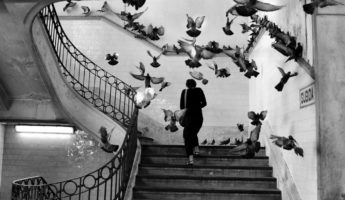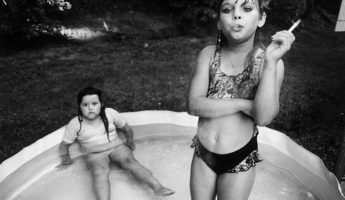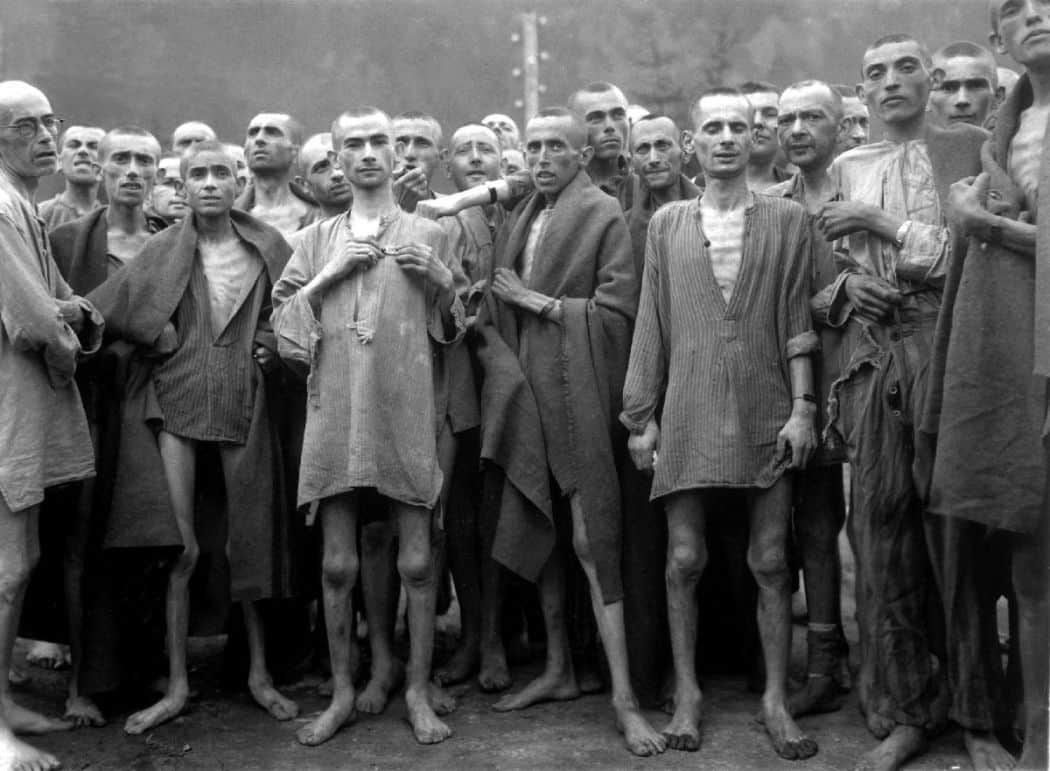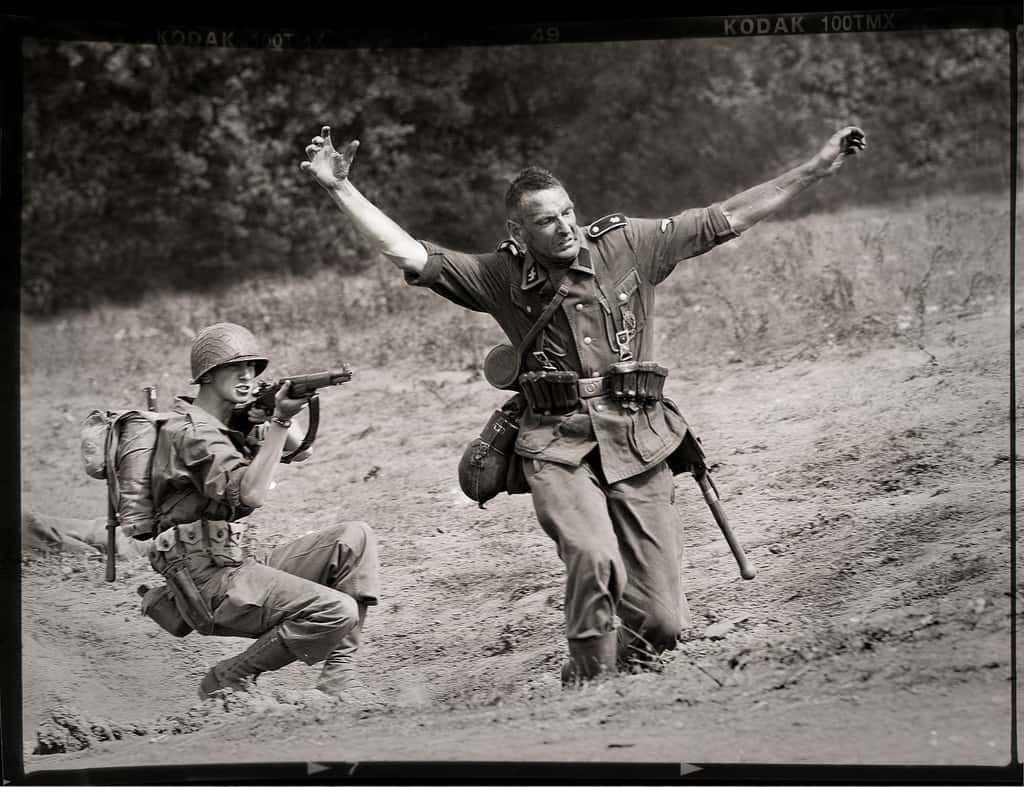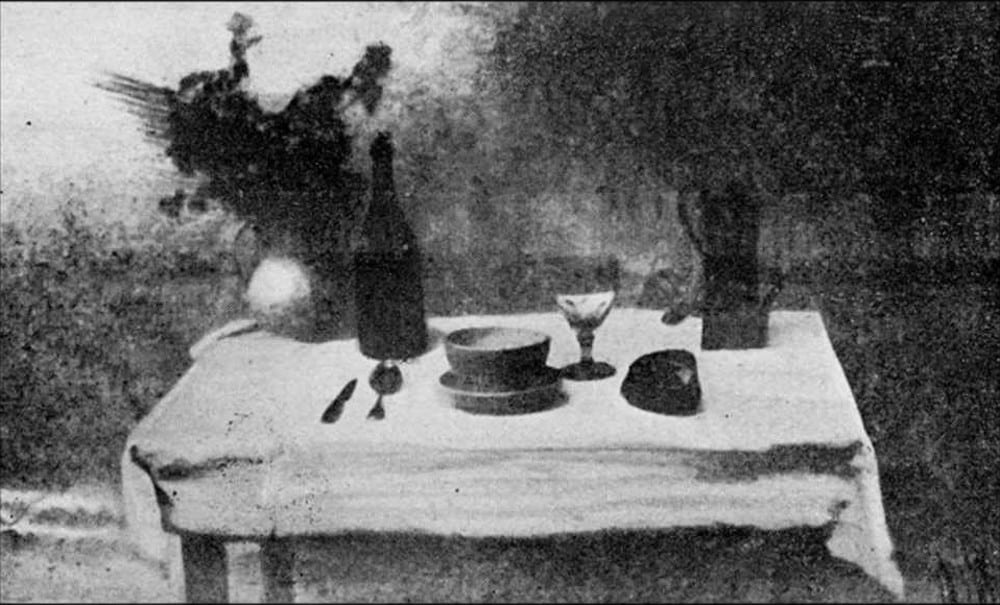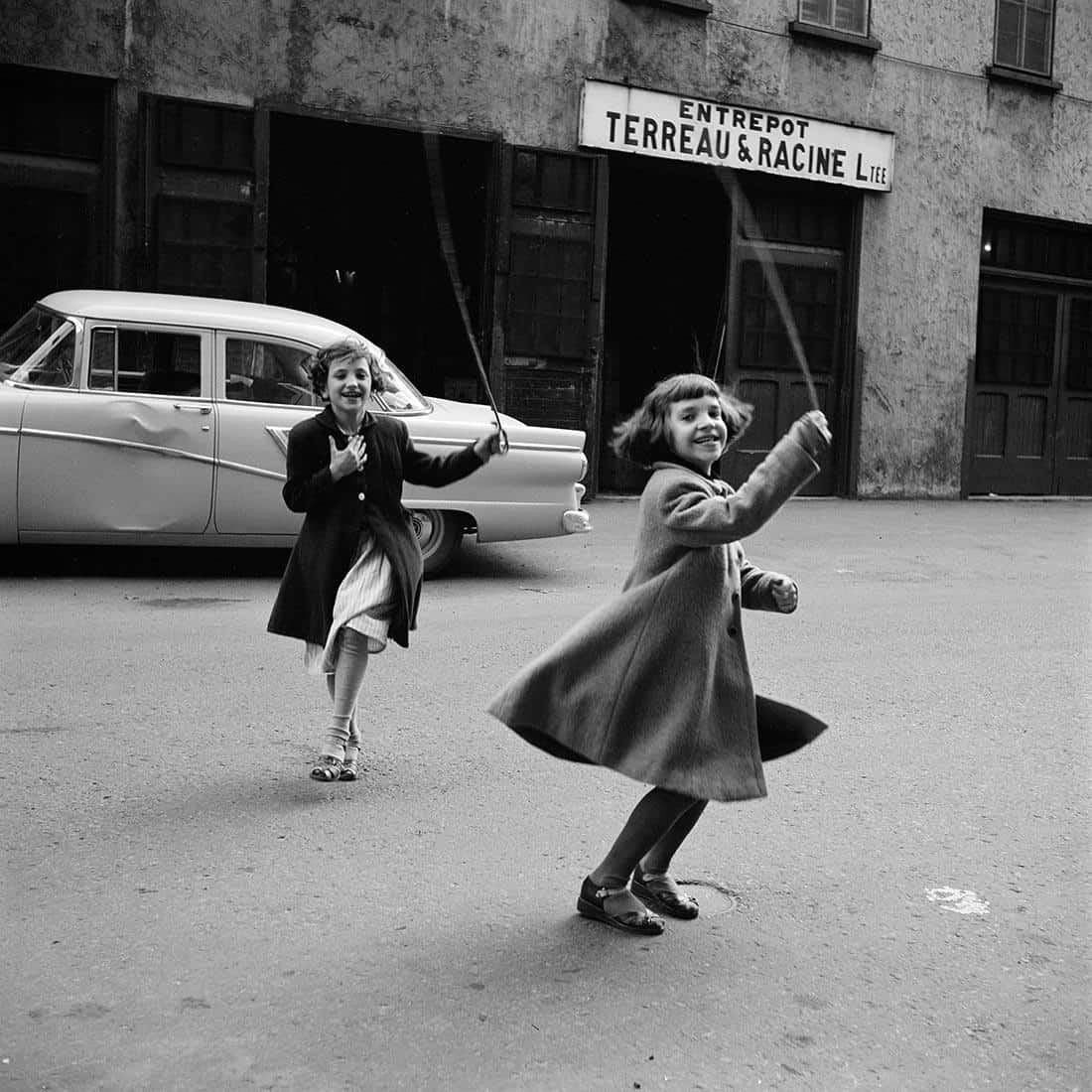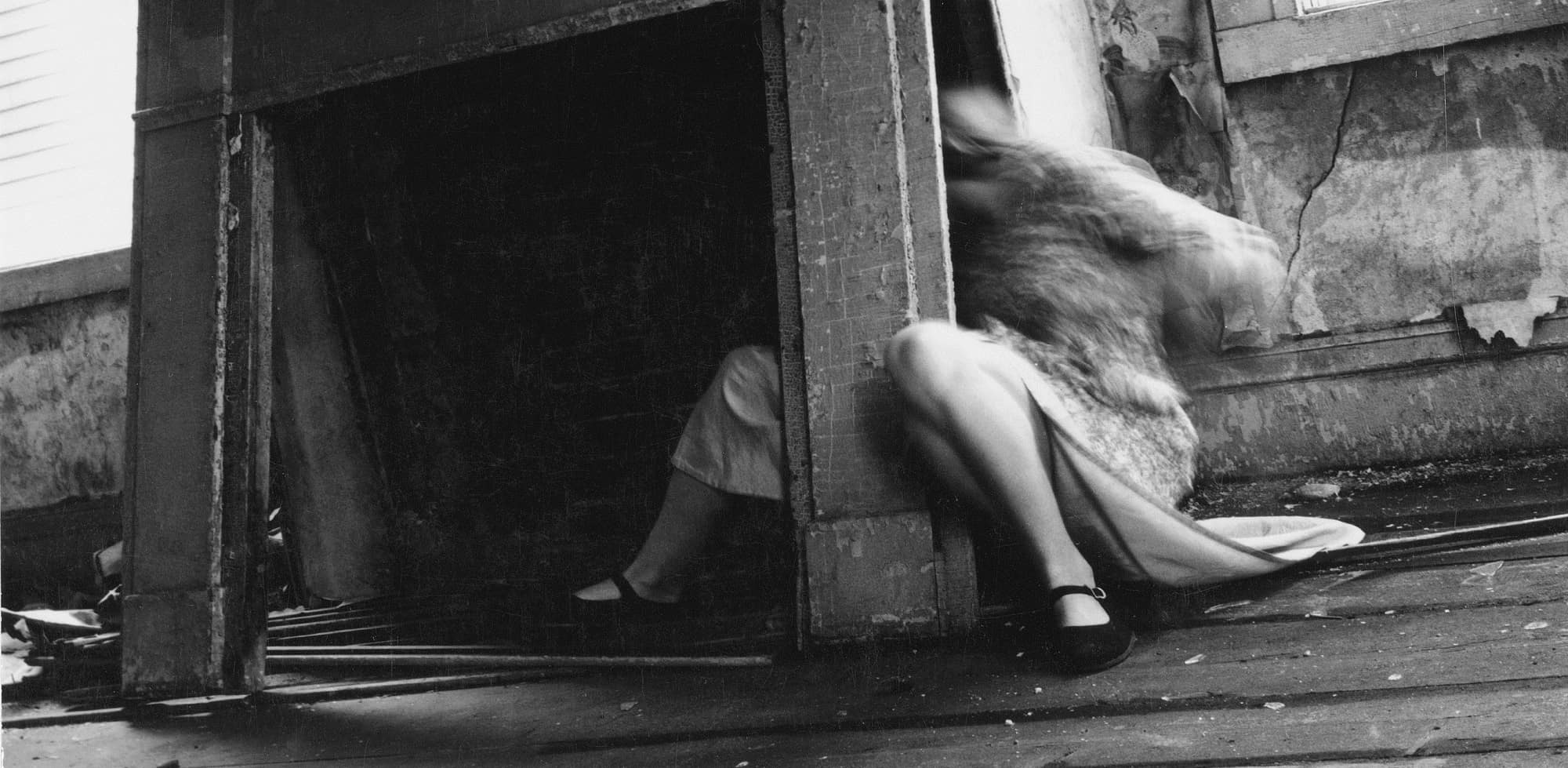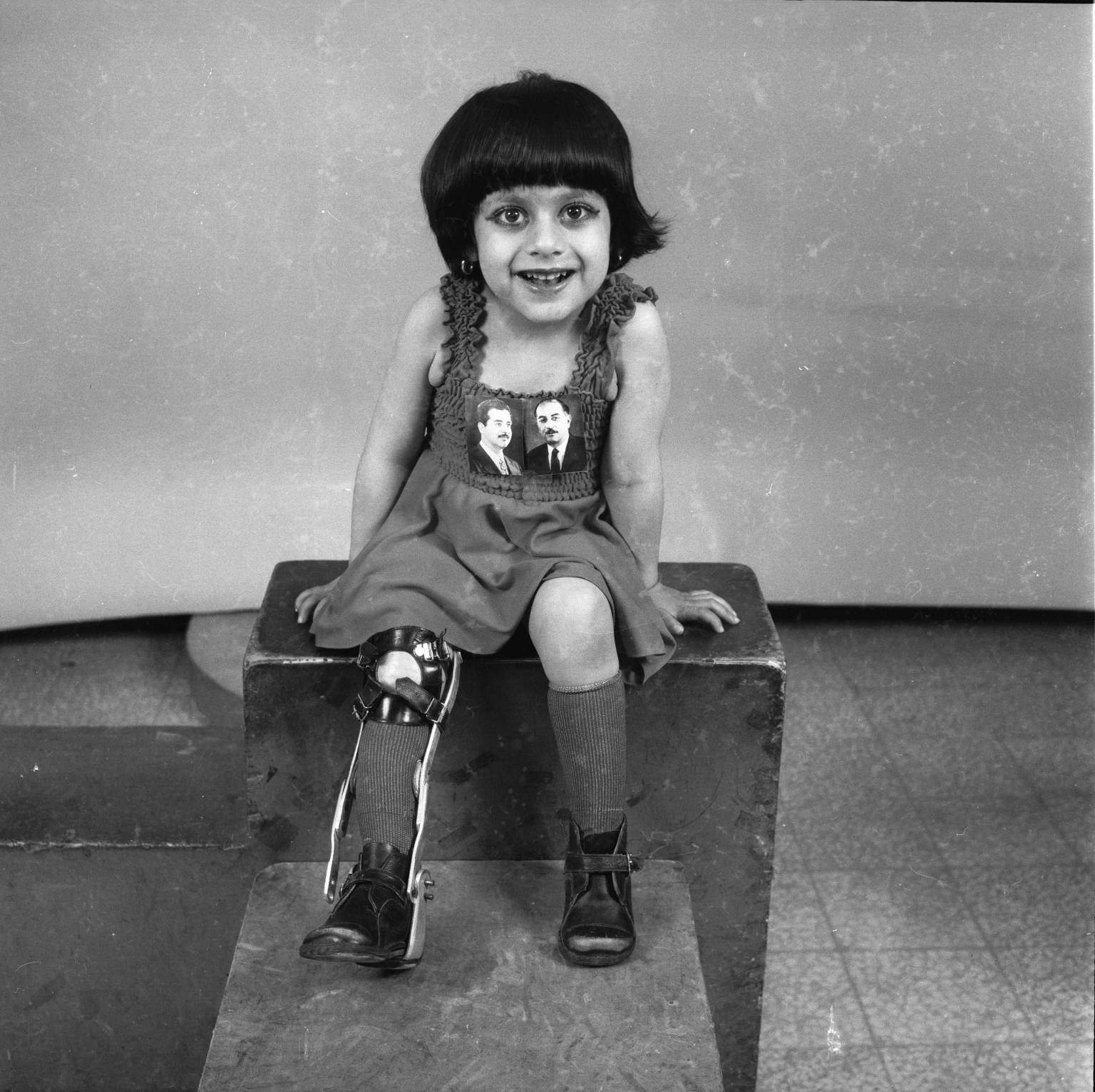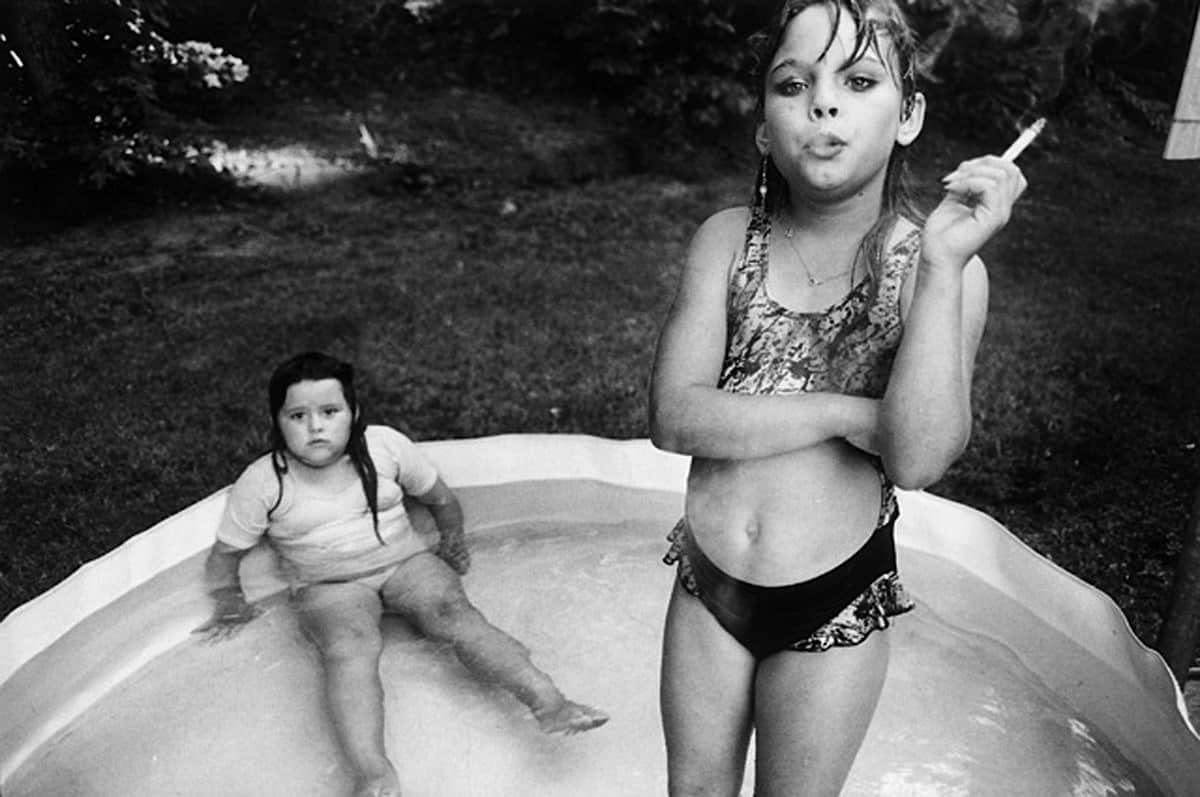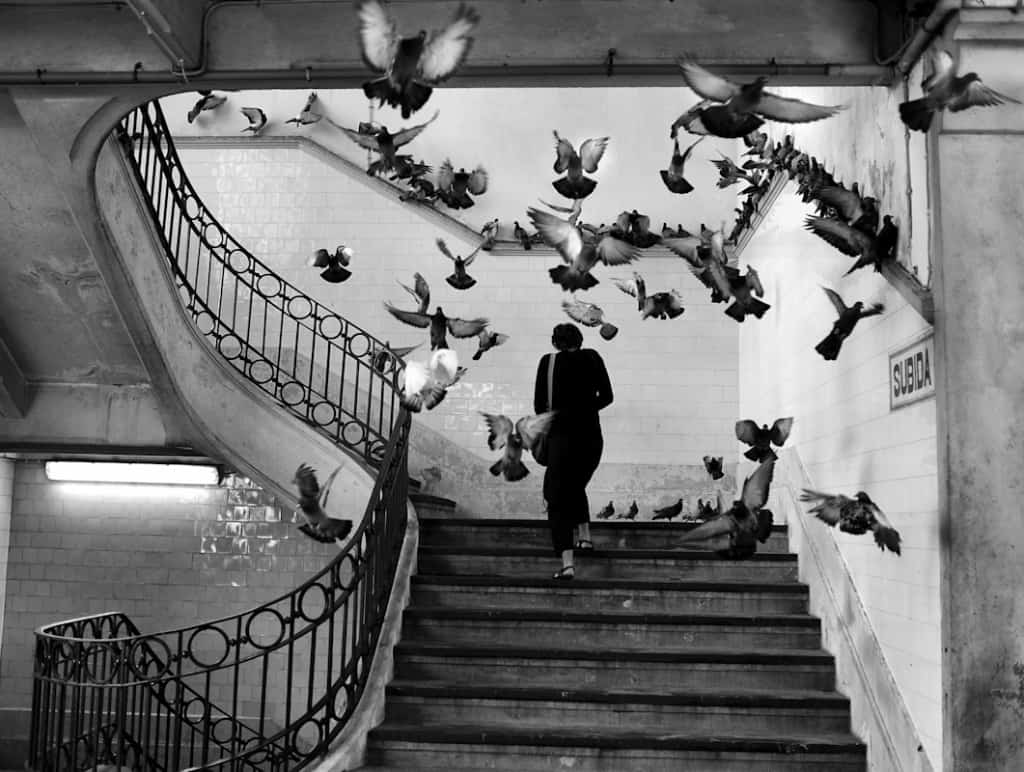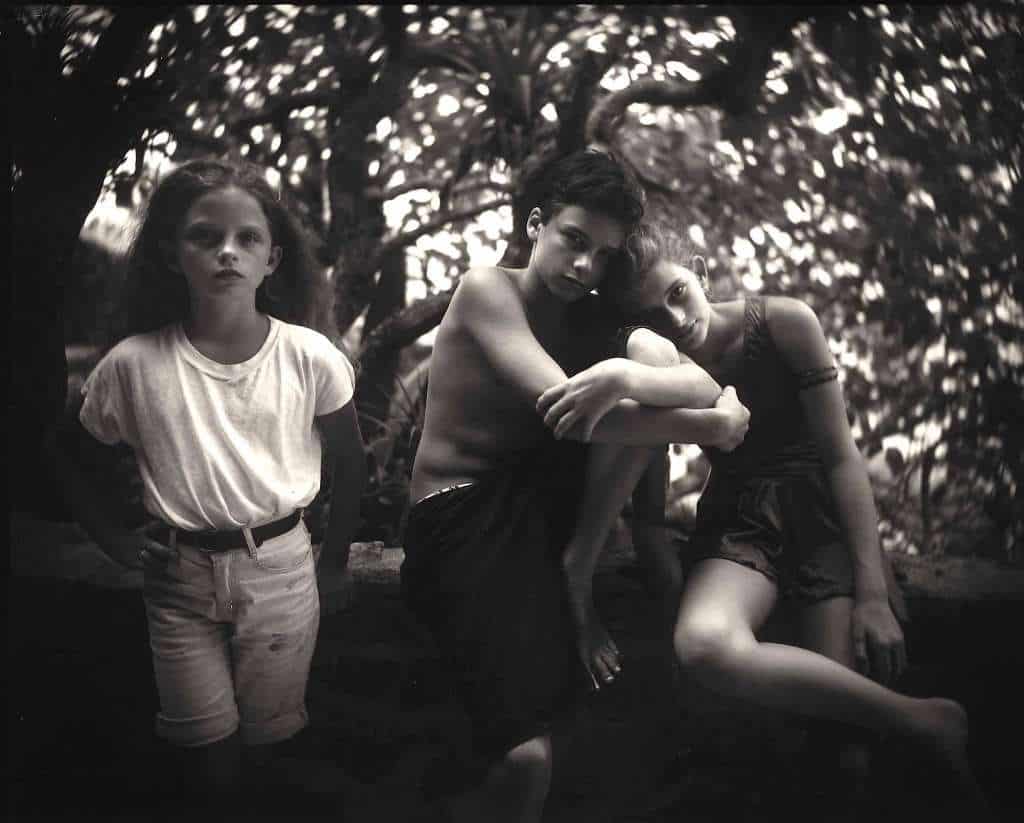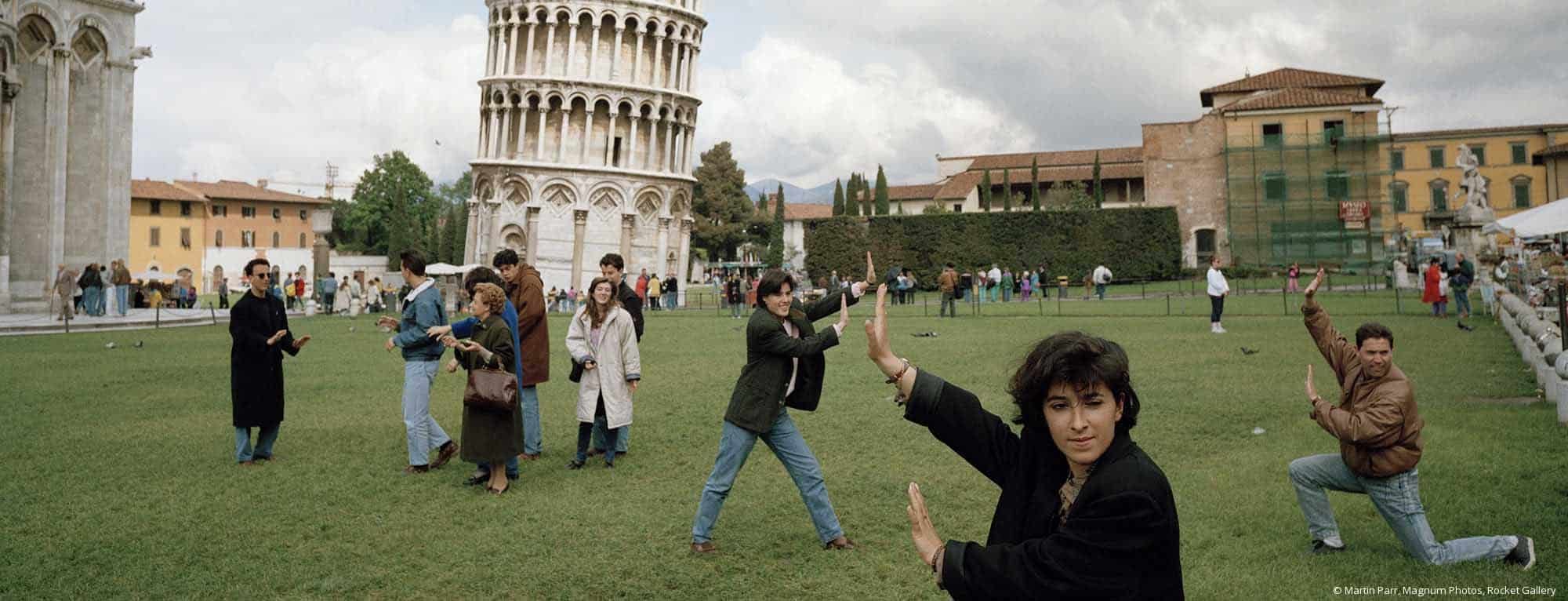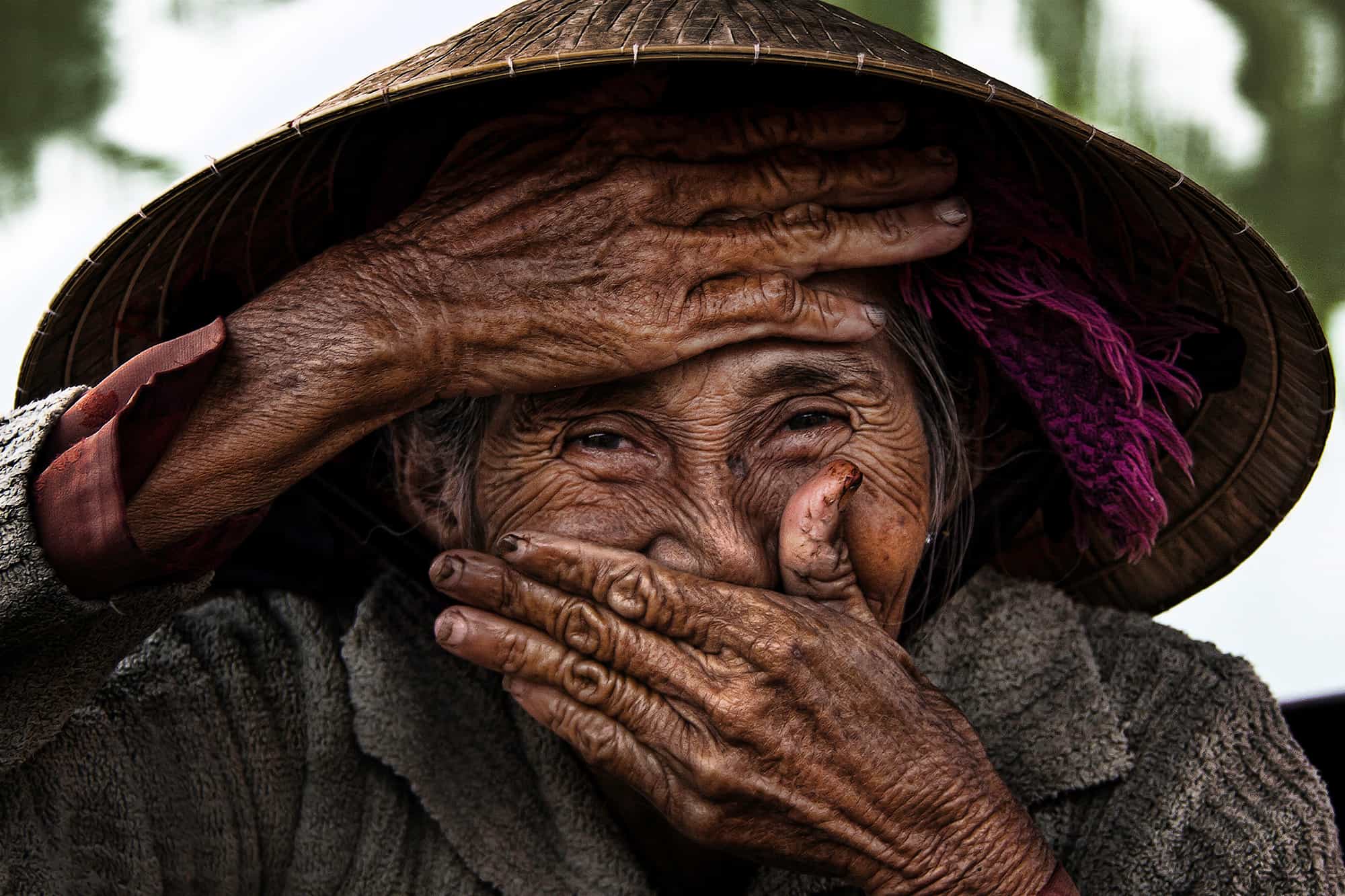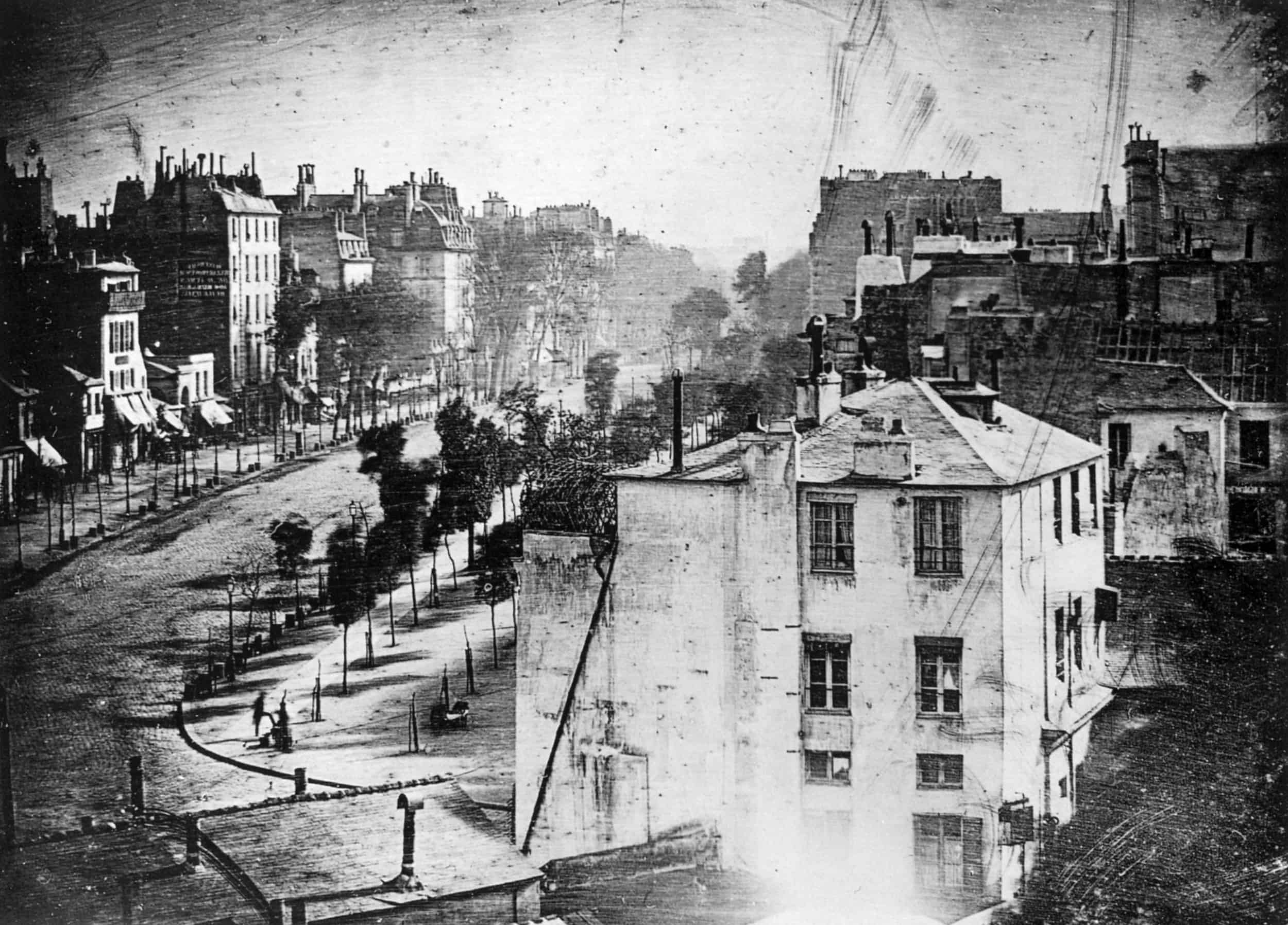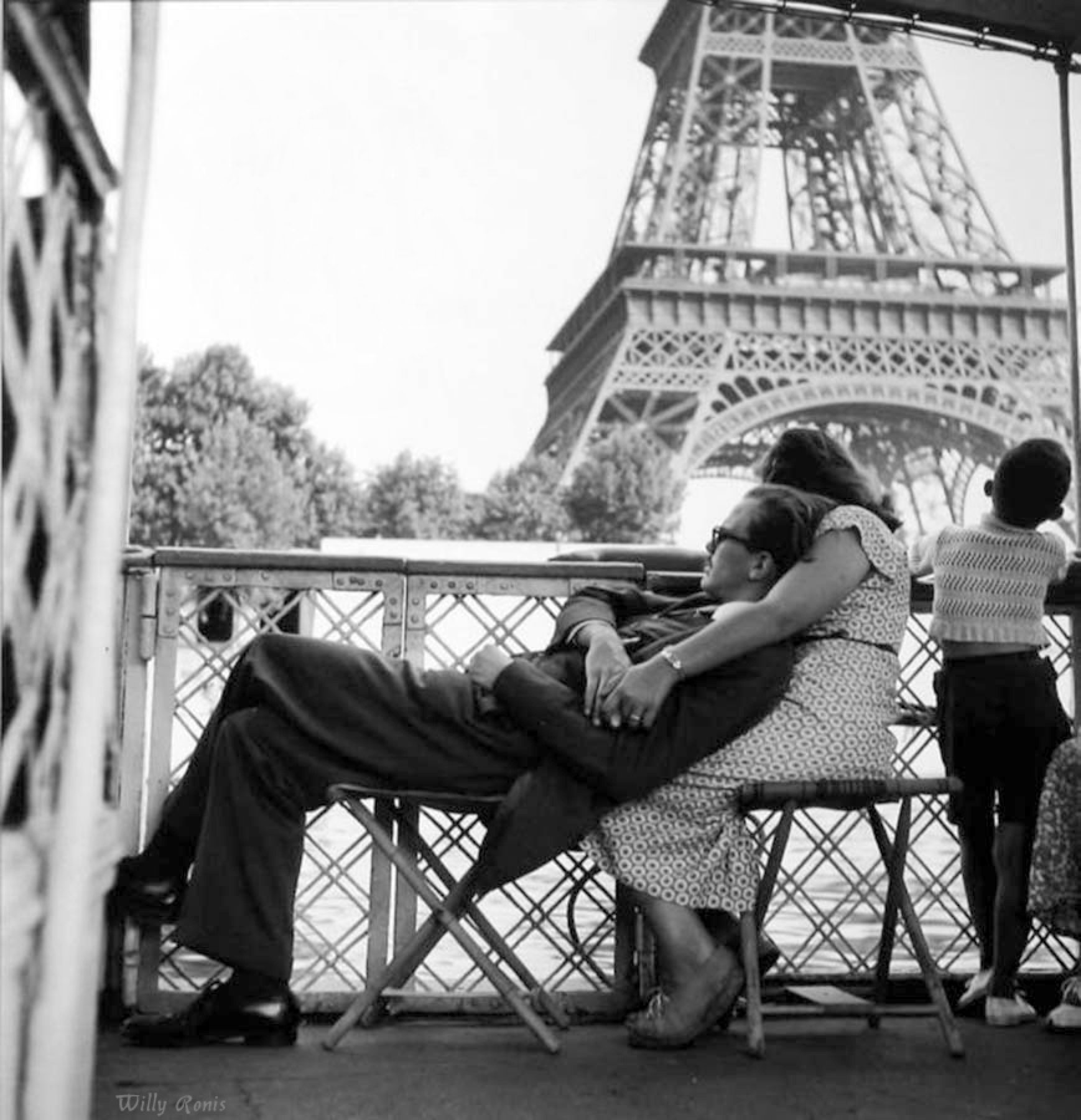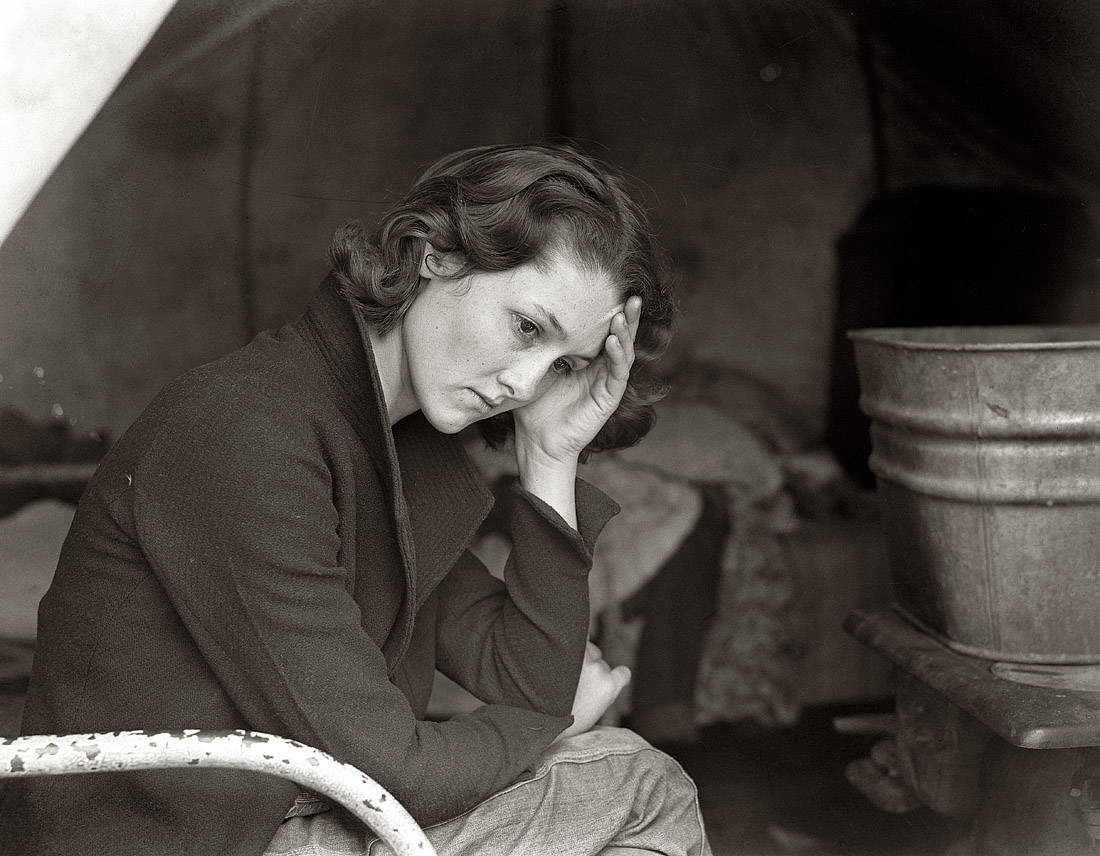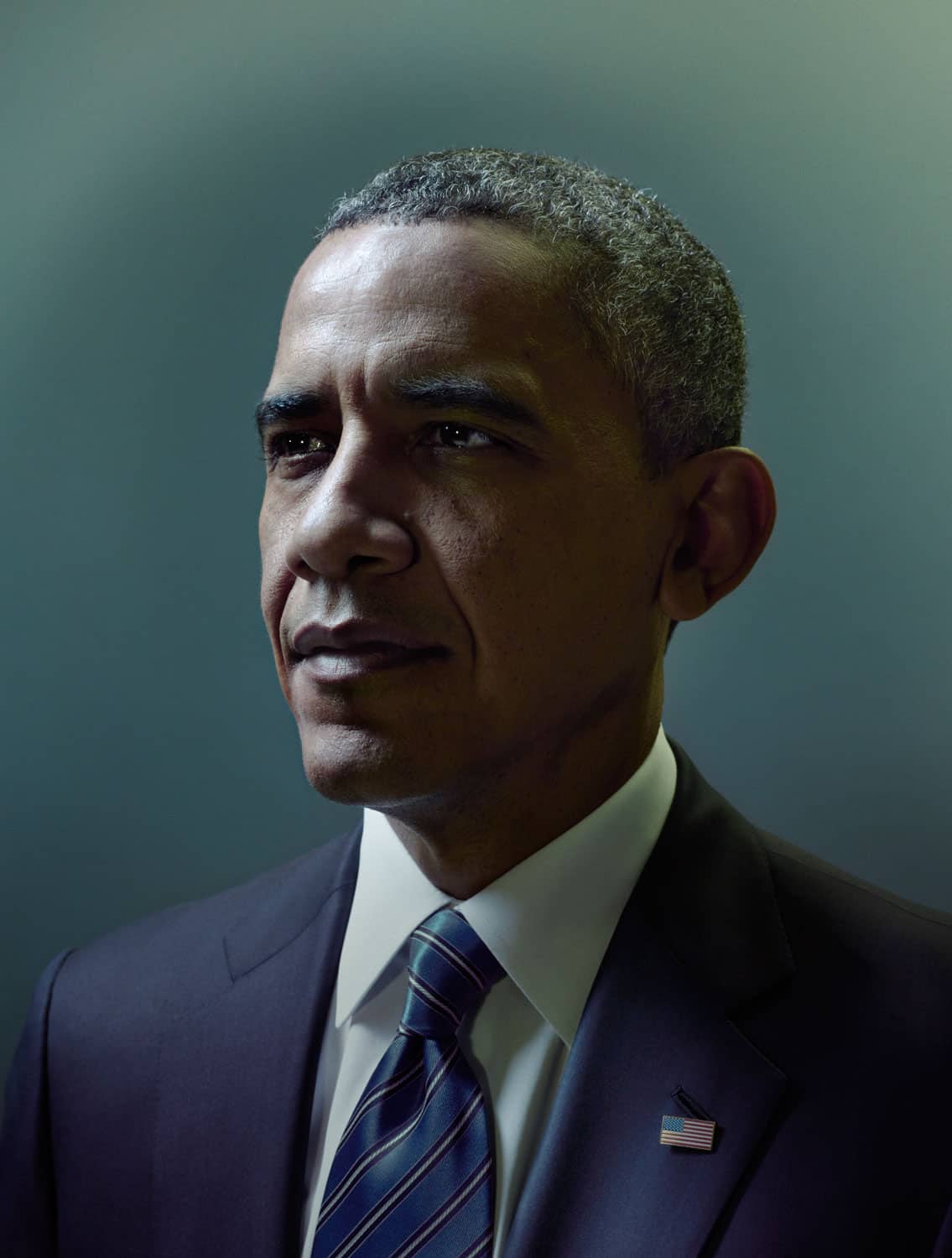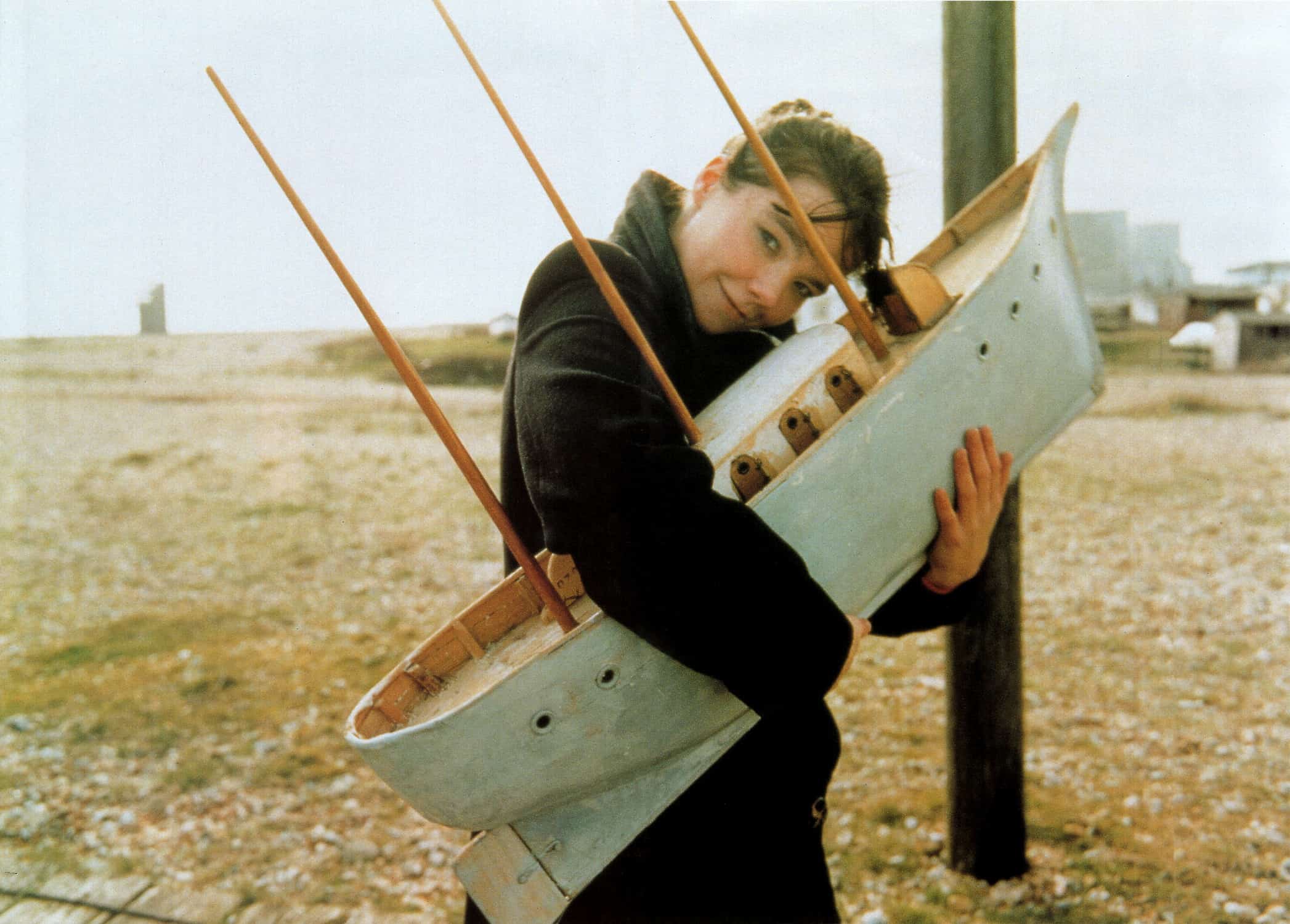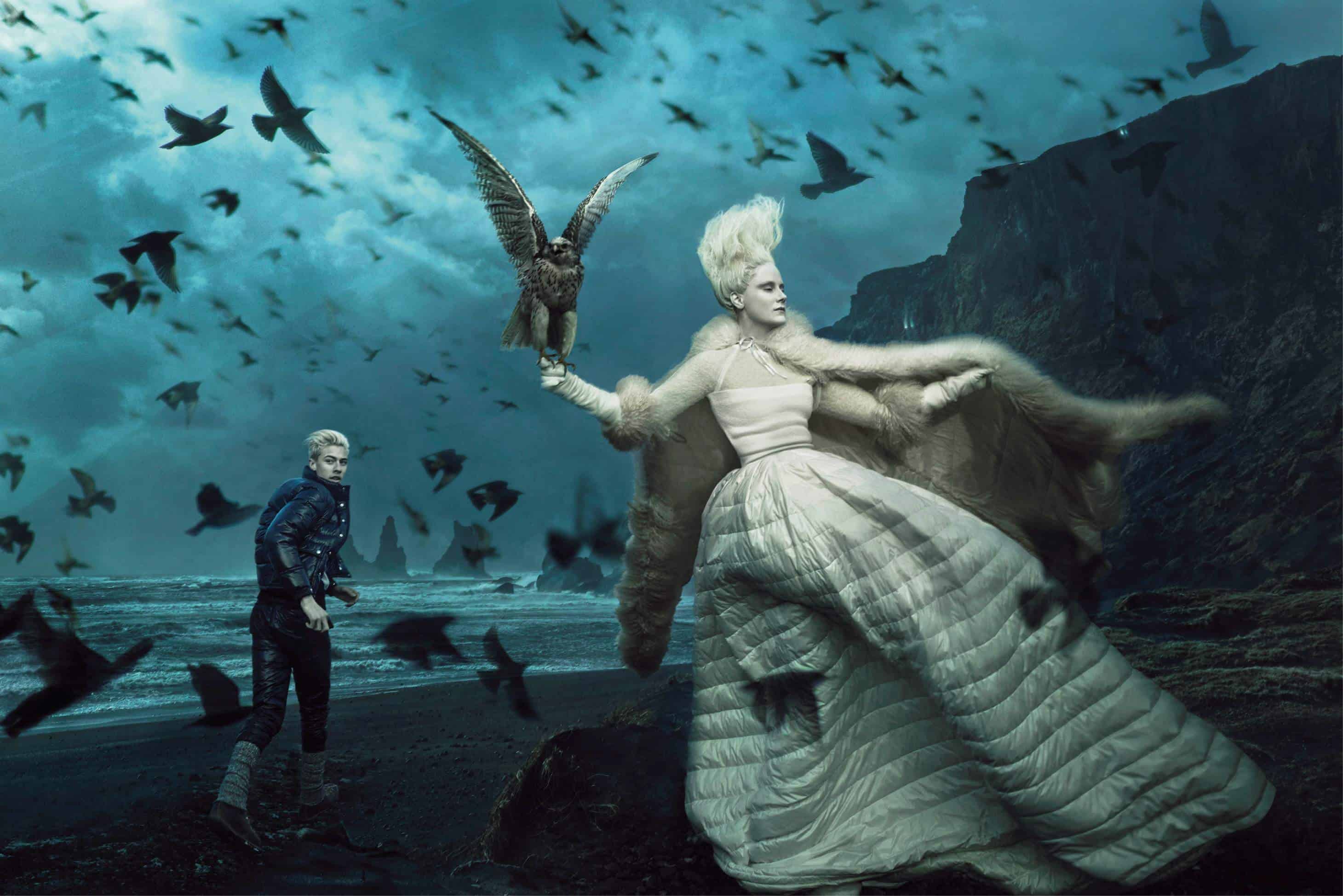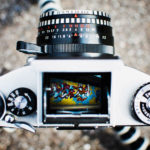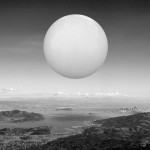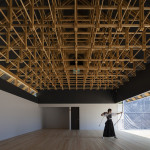The men and women who opt to live their lives behind their camera are often not seeking the same notoriety as those whose pictures are taken. Yet it is these very people who we nearly never see that shape our view of the world. Even more than sculpters, painters, and architects, photographers are forced to work with an extremely limited medium to both find beauty, and help bring it forth in a way that touches us, moves us, and reshapes how we see everyday life. To honor them, we’re going to look at 18 famous photographers that forever altered the way we view everything around us.
Annie Leibovitz
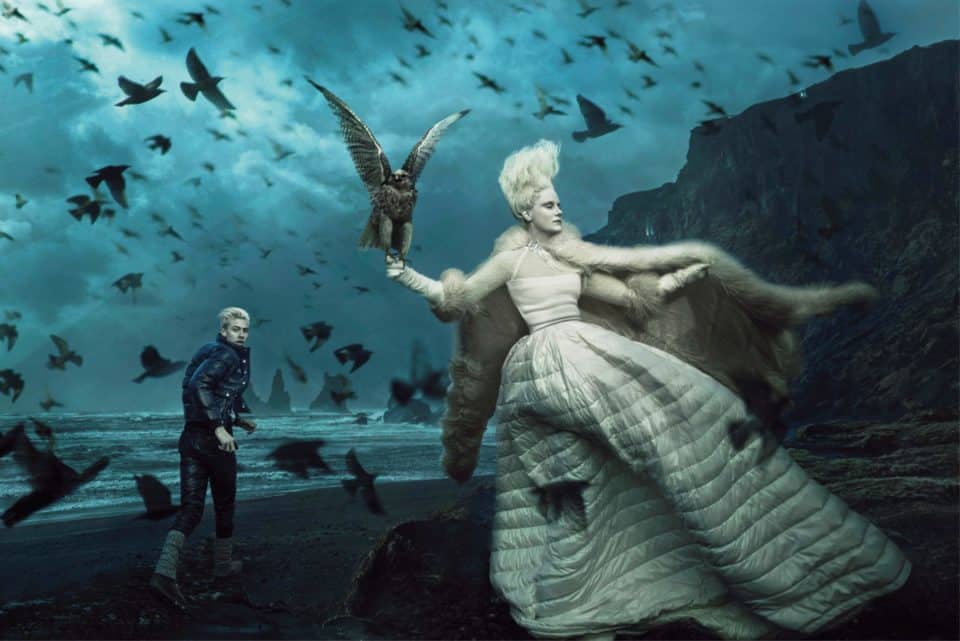
Fashion, fantasy, and a sense of intimacy are what define the singular work of Leibovitz. Best known for her items for Vanity Fair and Rolling Stone, there’s a highly stylized sensibility to every picture, and a candid vulnerability that speaks as much to her ability to get the best from her subjects as her adroit handling of a camera.
Juergen Teller
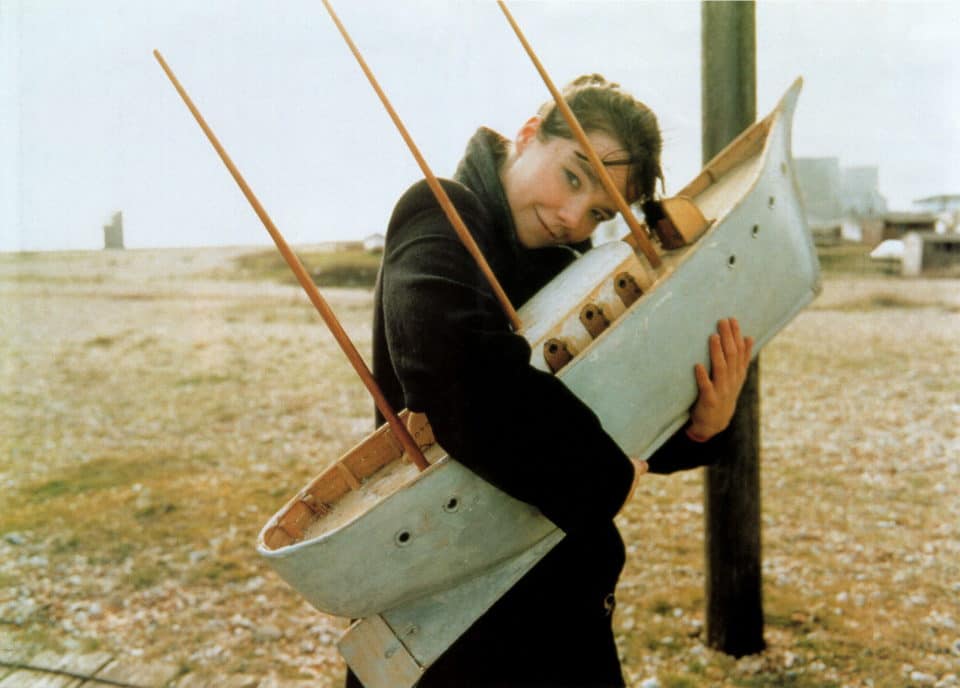
Commonly known for his work with high-end fashion, anyone familiar with the runways of New York, Paris, and Milan has seen Teller’s shots, even if they don’t know it. Bringing a bright vivaciousness that can enliven the most dead thousand yard stare, his pieces are often seen with Marc Jacobs’ clothing creations, a partnership that brings the best from both.
Diane Arbus
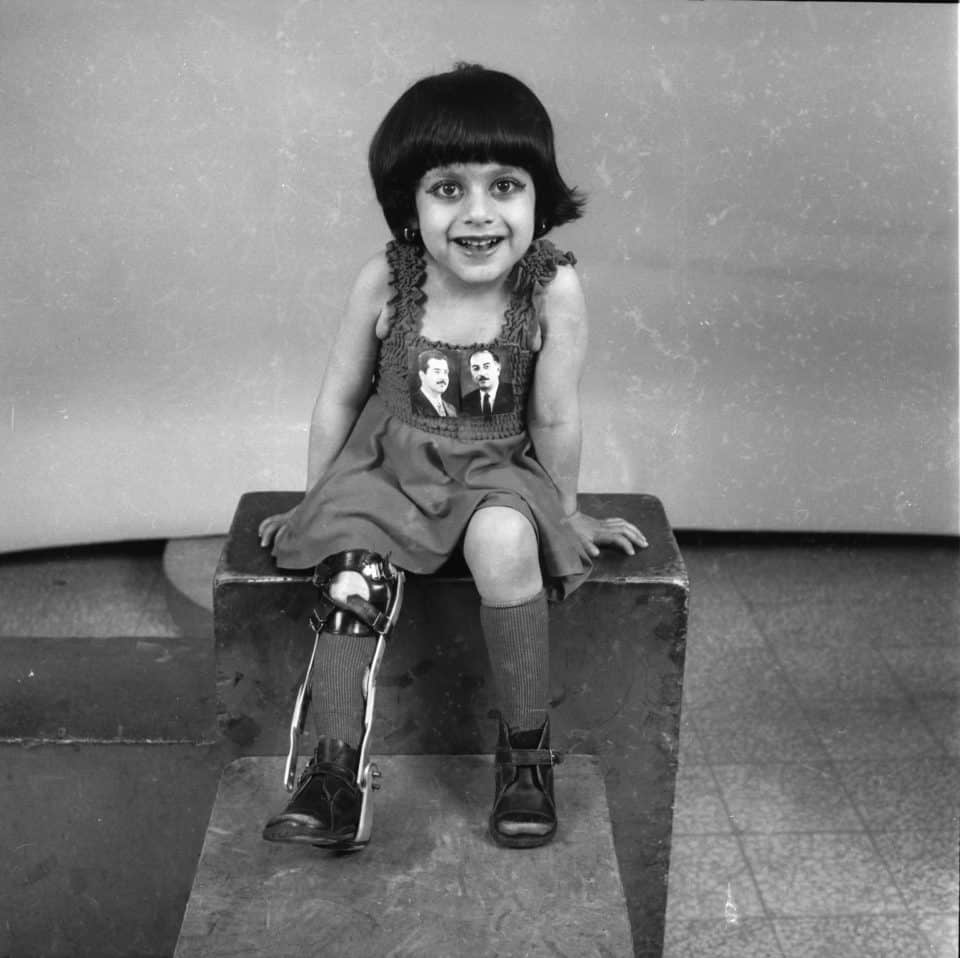
A shocking shutterbug who has a knack for showing the humanity behind those that would otherwise remain hidden, Arbus challenges viewers to see that which her subjects seek to hide, rather than the face they show the world. When you want to see how photographs can unmask the powerful and elevate the ordinary, look to her seminal art.
Nadav Kander
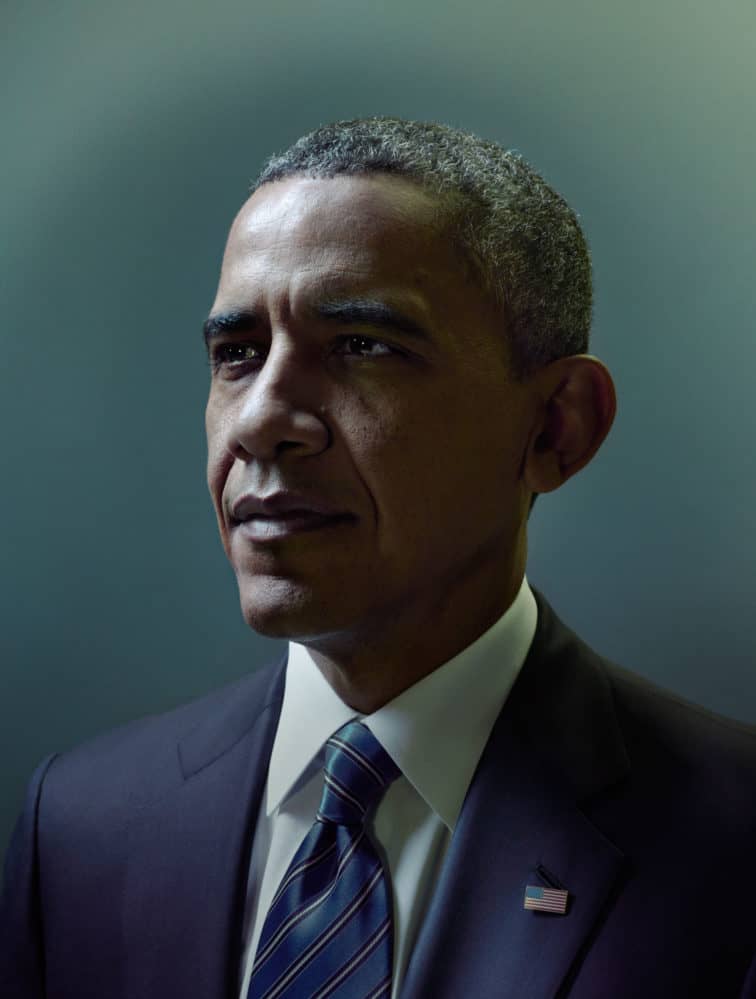
Ansel Adams has nothing on the heart-wrenching power that Nadav Kander can summon. Able to find the personality in a landscape and the marked landscape that shapes the face of a person, his use of lighting and texture is a Zen koan given visual form.
Dorothea Lange
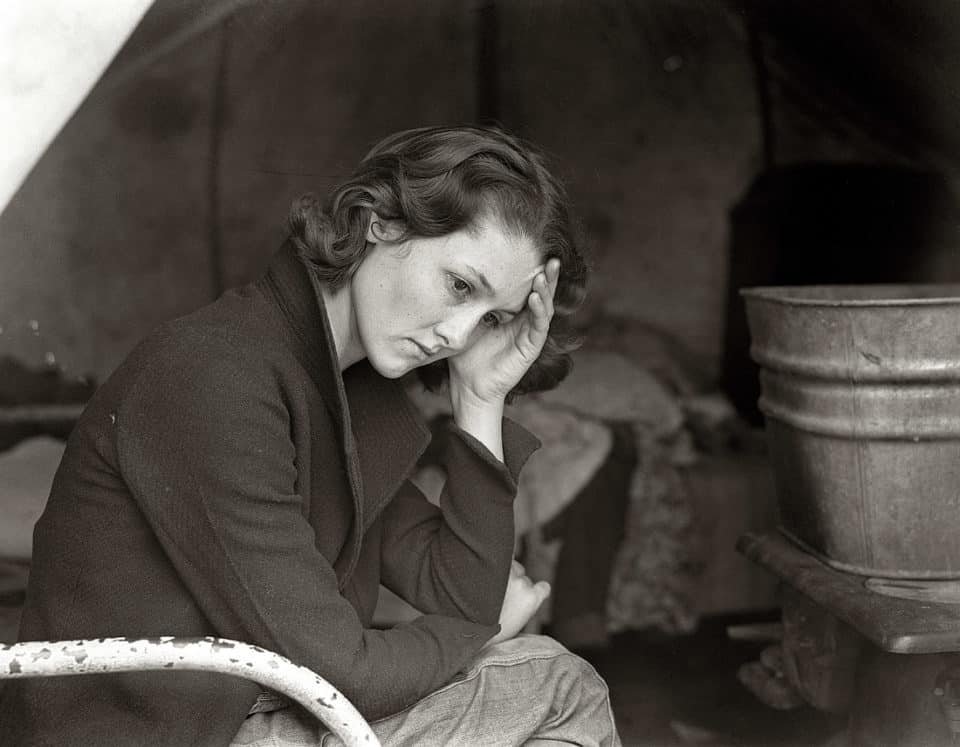
Groundbreaking for both female photographers and photojournalism as a whole, Lange worked largely with the difficult equipment available during the Great Depression. Considered by many to be the Norman Rockwell of exposing the worker’s plight and the struggle of the underclass, she’s as much folk hero as photographer.
Francesca Woodman
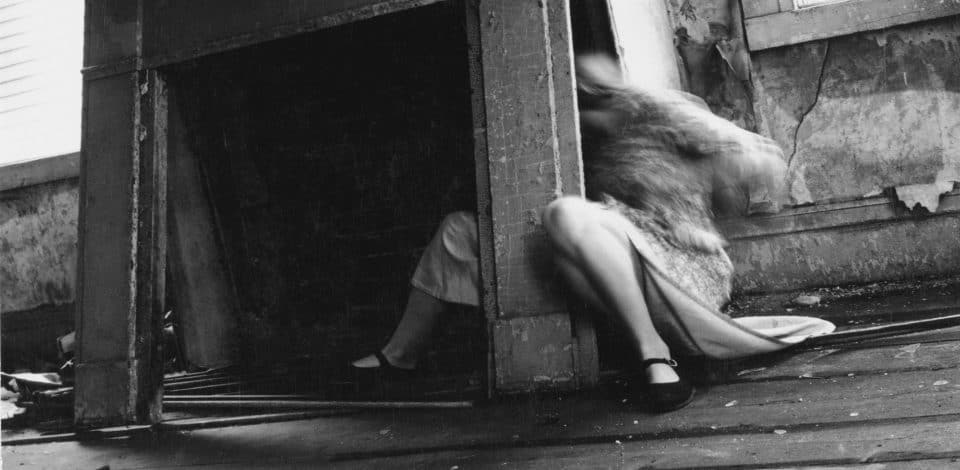
Often grim and surreal, Woodman worked almost exclusively in black and white, a medium that many amateurs use to compensate for lack of skill. In her case, it was intentionally used to blend her subjects more seamlessly with their background, since she worked largely during the time of the sexual revolution, when women were on the cusp of being seen more as people, and less as objects.
Willy Ronis
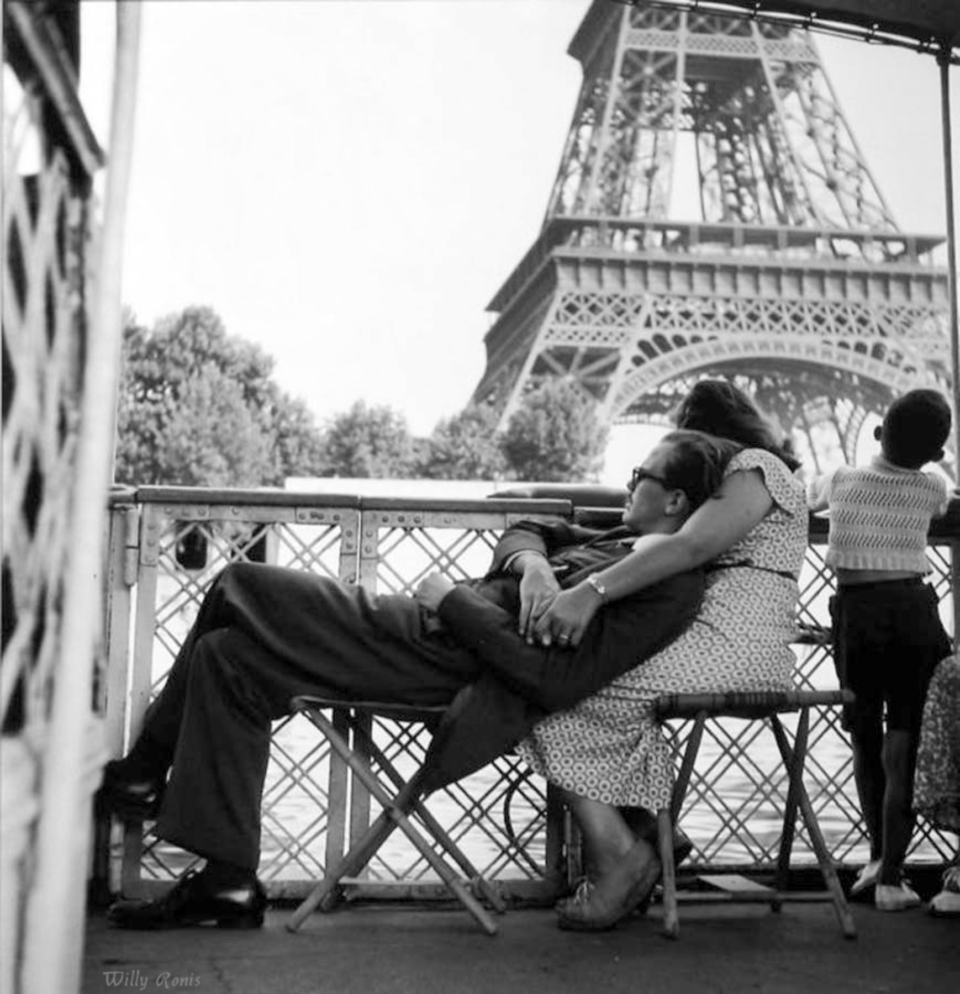
Ronis’ life could be a tale of hardship and bitterness, as he was a refugee from Nazi occupation, a member of a travelling theatre troupe, and a war & peace photojournalist. Instead, his tale is one of hope and joy, as evidenced by his work which is always a celebration of life and a profoundly respectful recognition of hope and happiness in the most dire of circumstances.
Louis-Jacques-Mande Daguerre
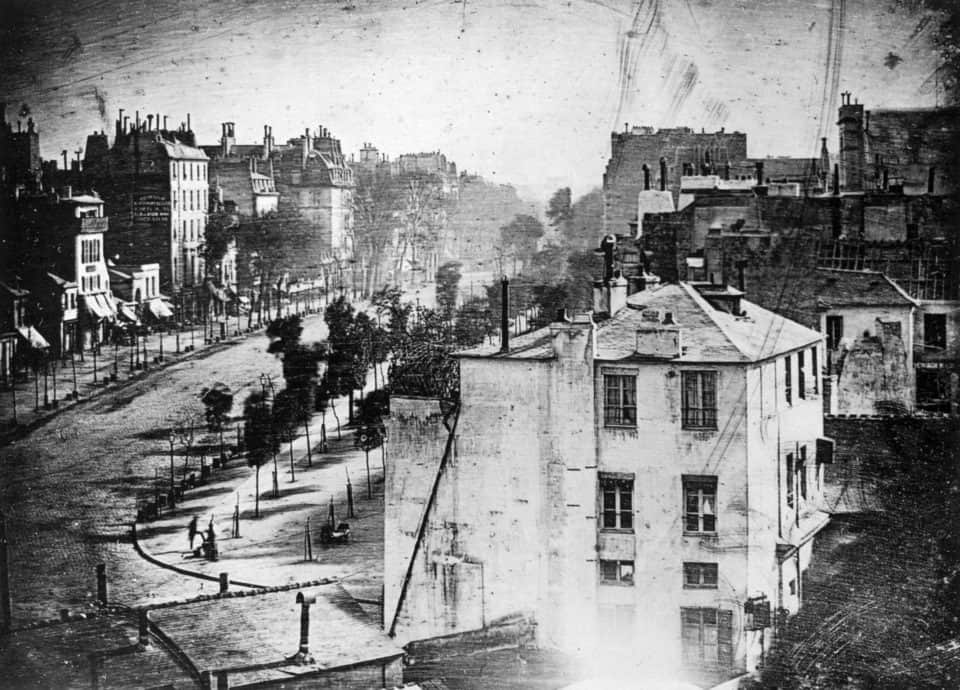
His photographs are certainly influential, but even more important is the contributions that Daguerre made to the technical art of photography. He invented the diorama, and created daguerreotype, which was the first reliable way of forming photos using silver-plated copper, which moved the medium forward incredibly.
Vivian Maier
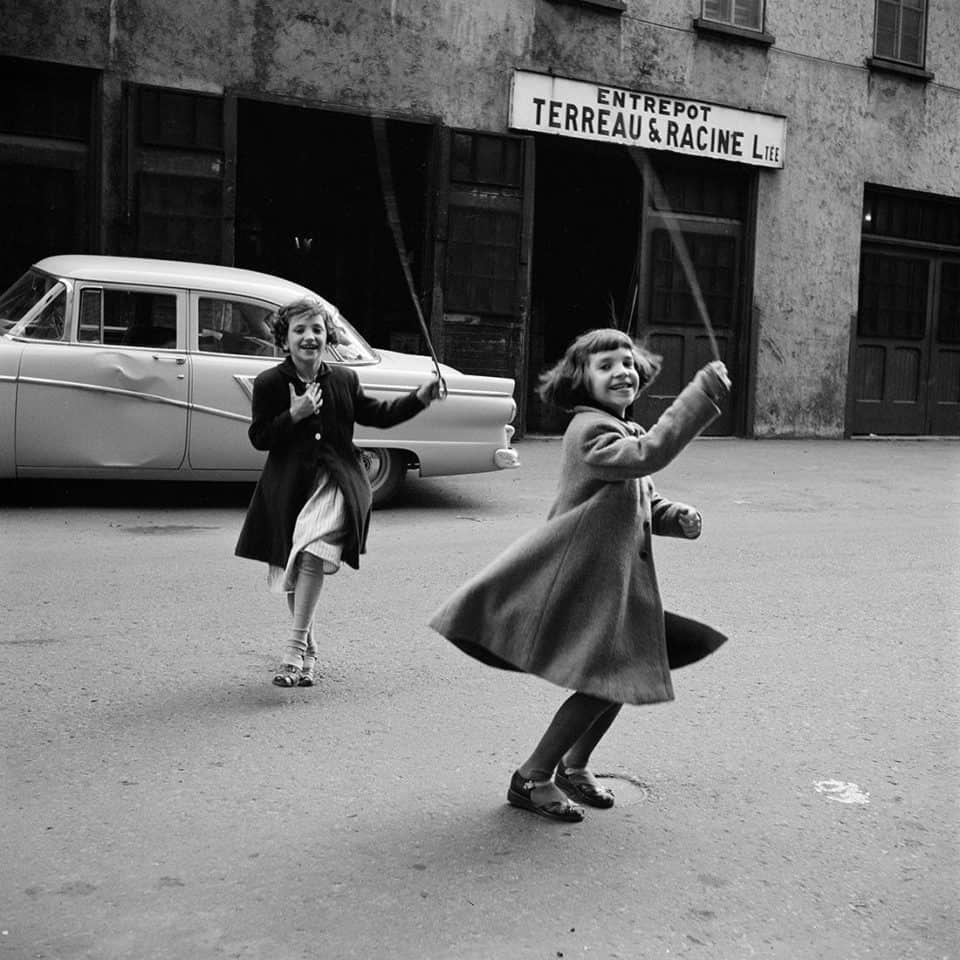
A nanny who caught the photography bug as a hobby, Maier never sought notoriety for her snapshots, yet when the negatives were discovered and published, her name became synonymous with an irrepressible type of street photography that is still largely misunderstood. Haunting and wonderful, her natural eye is without peer.
Joseph Nicéphore Niépce
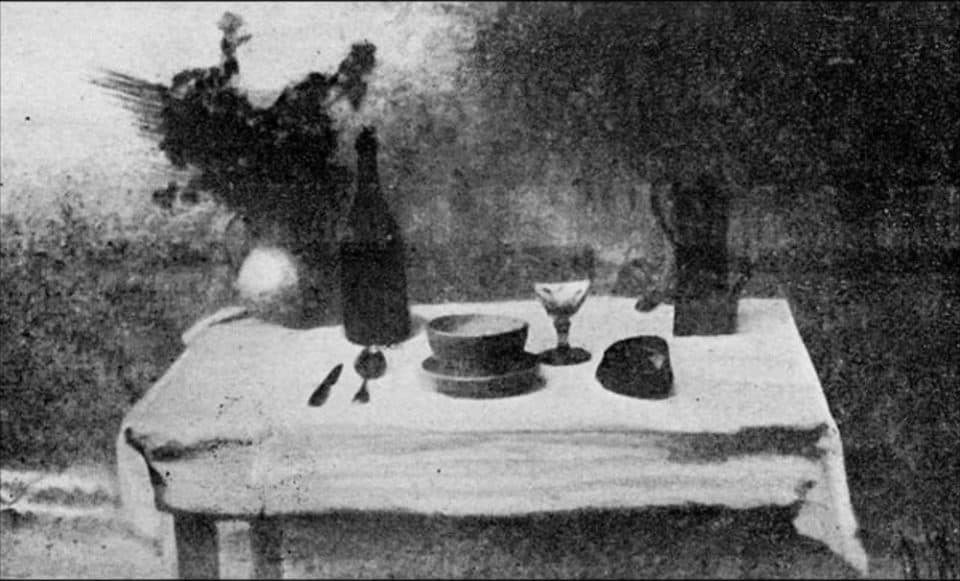
Living in a world where every phone, computer, and television is also a camera, it’s difficult to believe that a scant 200 years ago, no one knew how to capture still images. Niépce literally invented, refined, and created the entire art single handedly. Despite the primitive and largely improvised conditions he was forced to work with, his photos have stood the test of time.
Cindy Sherman
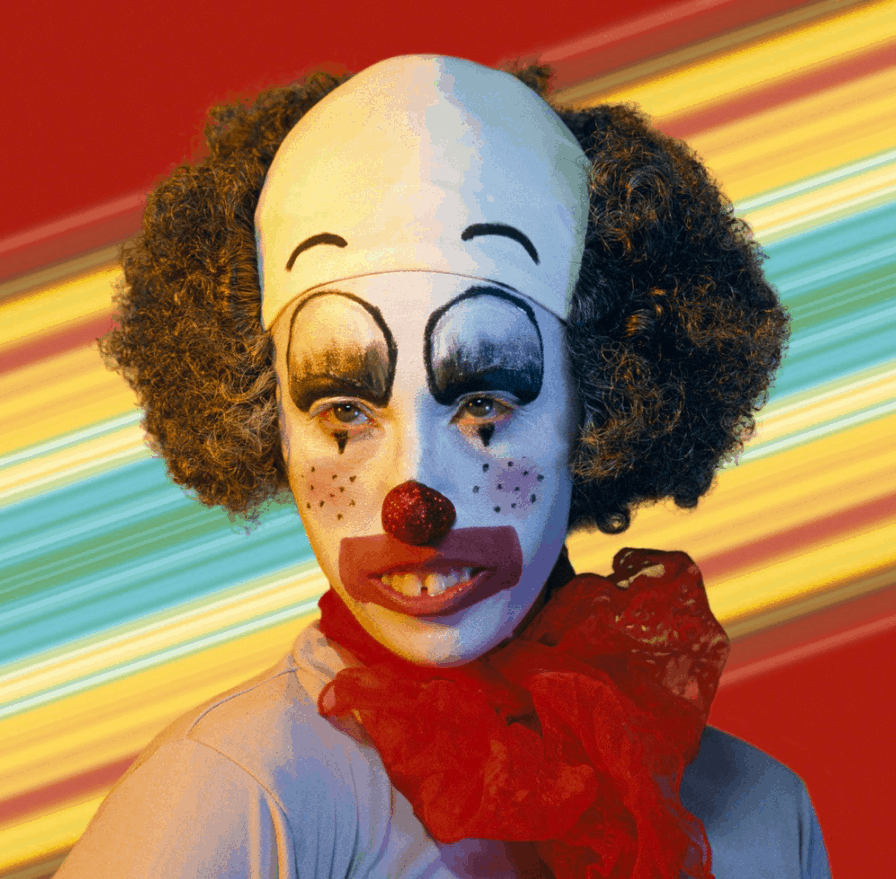
Uniquely fascinated with the excessive and grotesque, Cindy Sherman is one of the few Avant-garde art photographers, and a study in style unto herself. Largely focused on debunking traditional notions of beauty, her work points out in no uncertain terms the gruesome side of turning women into painted, perfect monsters for lustful purpose.
Henri Cartier-Bresson
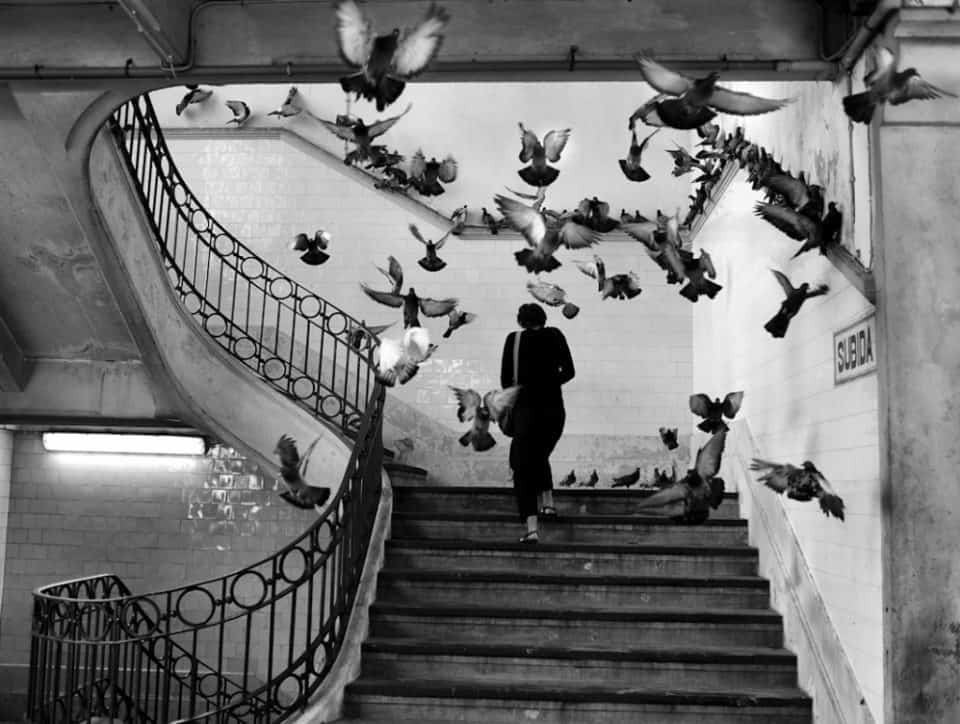
The progenitor of photojournalism, Henri coined the phrase “The Decisive Movement” and invented the candid photograph. He avoided staged pictures at all costs, in favor of realizing the beauty and power of documenting the ordinary.
Mary Ellen Mark
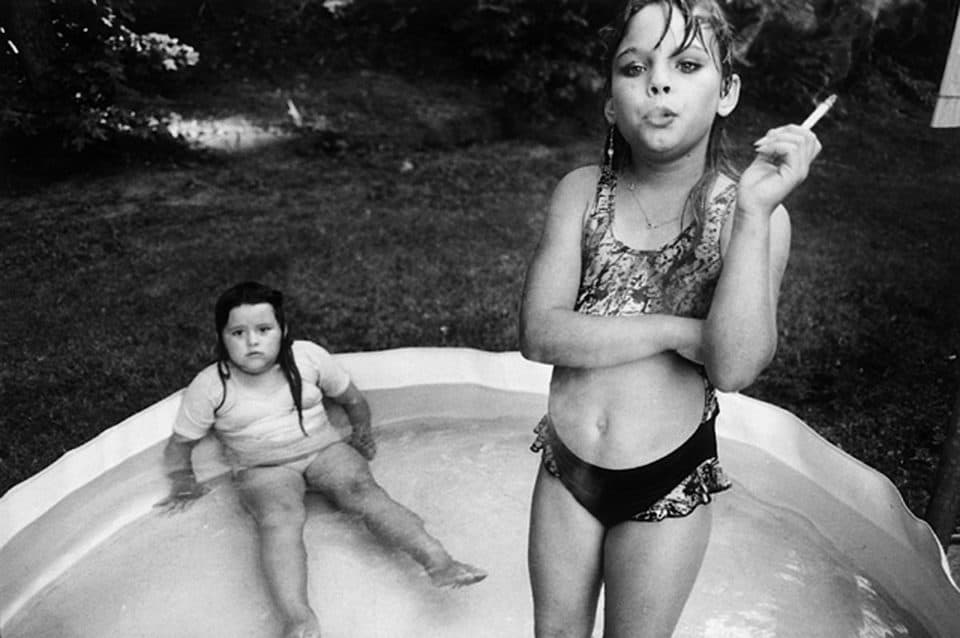
During an era when far too many photographers were seeking only beauty and hoping to create an alluring tableau, Mary Ellen Mark was following in the footsteps of Diane Arbus by looking to the downtrodden people living on the fringes of society. Though there’s a melancholy desolation to much of her subjects, she’s a true journalist in reminding us to never shirk the truth in favor of the pointlessly aesthetic.
Robert Capa
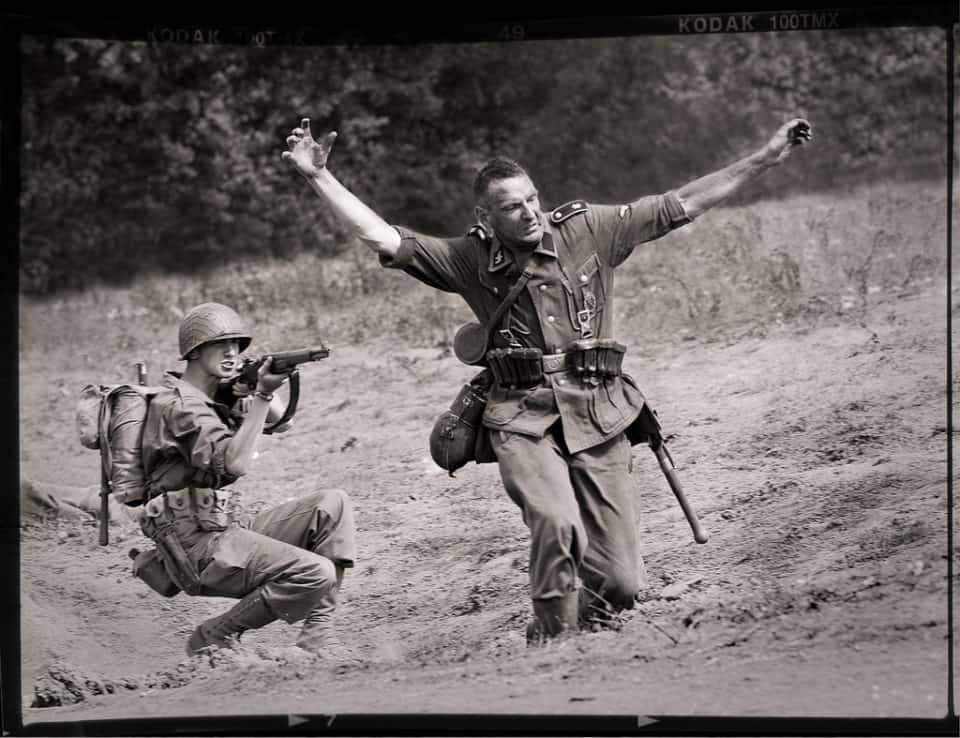
Capa is practically a Hollywood trope, as he was the consummate war correspondent who only seemed content when he was trapped near enemy lines, showing the reality and humanity that emerged from battle. Covering 5 wars in his illustrious career, he fought his conflicts, and many of humankind’s demons, on film.
Margaret Bourke-White
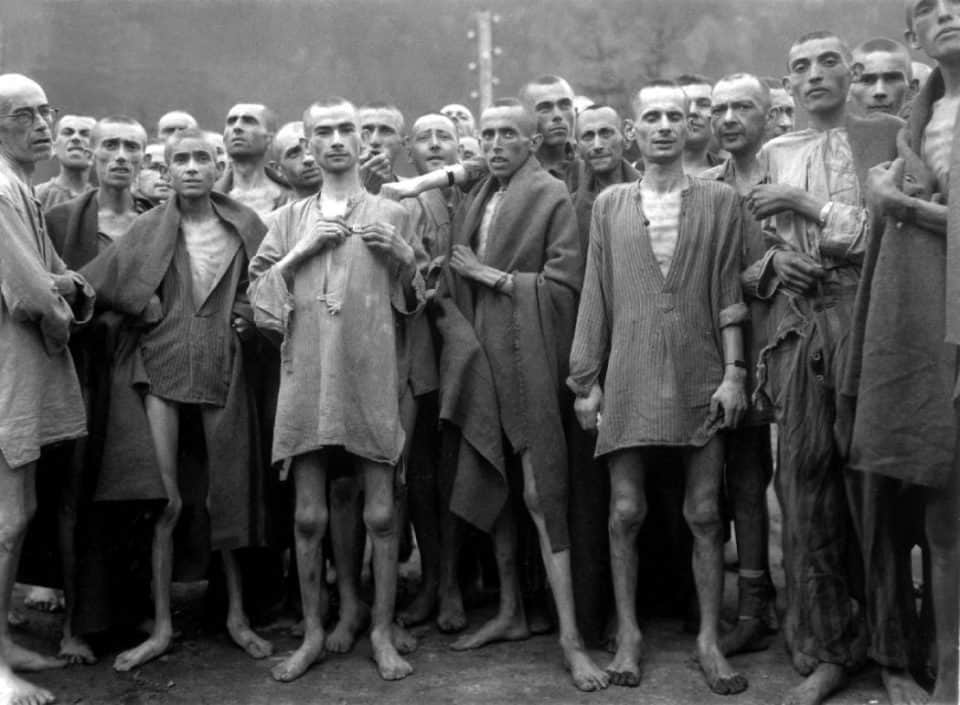
Most famously known as the person who captured the last photograph of Gandhi prior to his assassination, Margaret Bourke-White was a lunatic when it came to running down the perfect picture. An admirable photojournalist who could go toe to toe with Capa for sheer fearless insanity, it’s impossible not to respect and admire her as a person as much as a shutterbug.
Réhahn
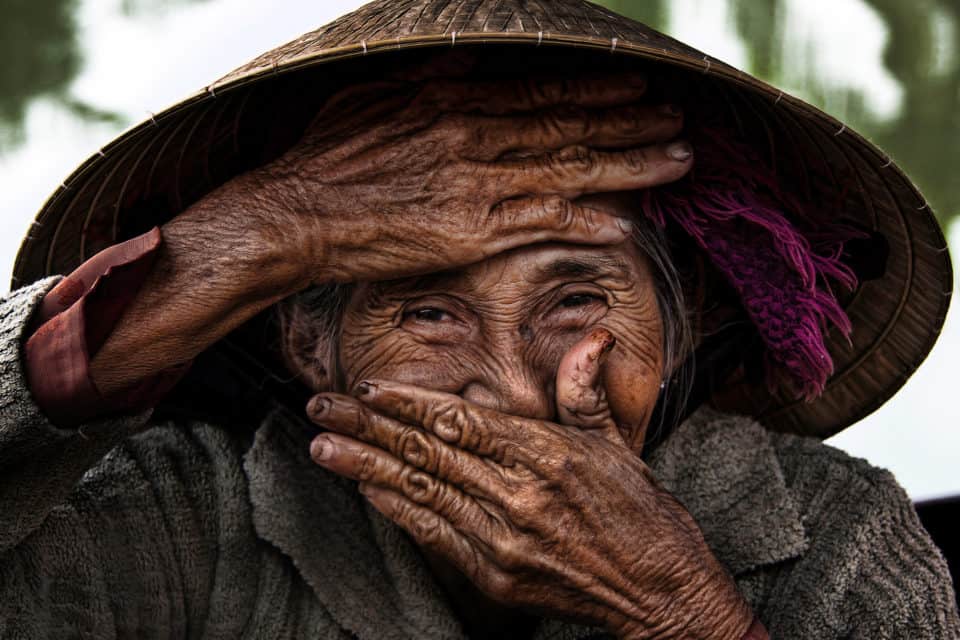
The foremost authority on portrait photography, Réhahn loved people and wanted to share that delight in his fellow humans with the world. Through his eyes, it’s easy to see those who we might otherwise discount as another face in the crowd as unique, soulful beings who transcend the mundane.
Sally Mann
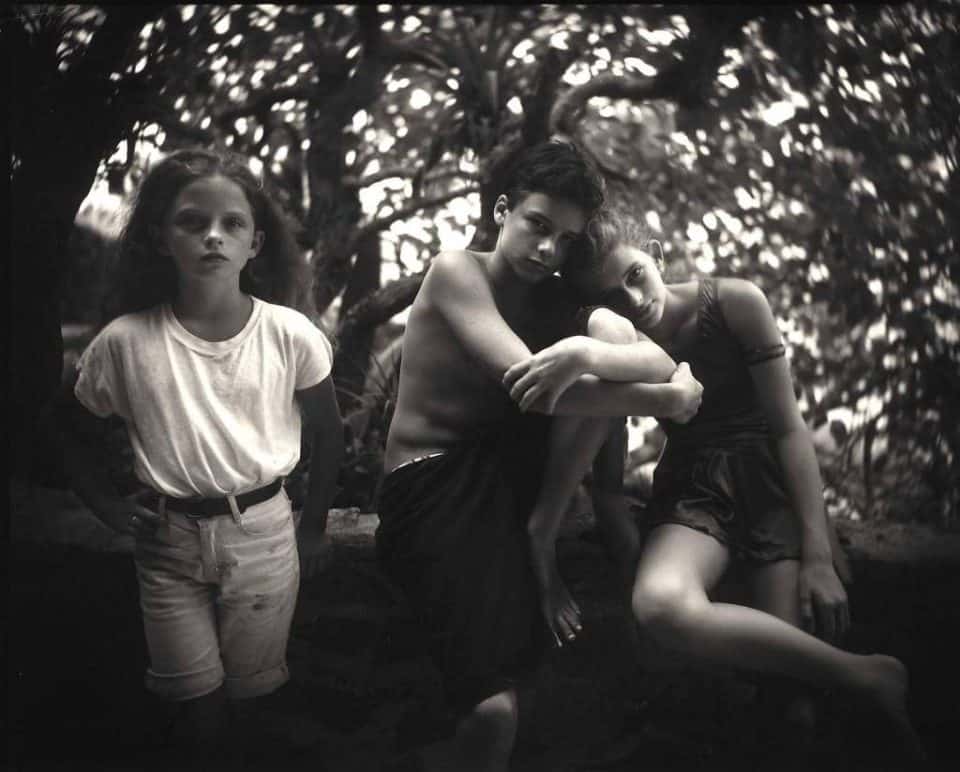
Winner of Time magazine’s best photographer of 2001, Mann pushes boundaries like few others. She has a distinct style and a hatred for convention, often photographing rotting corpses or her own nude children to help challenge the mores of our society and our view of existence.
Martin Parr
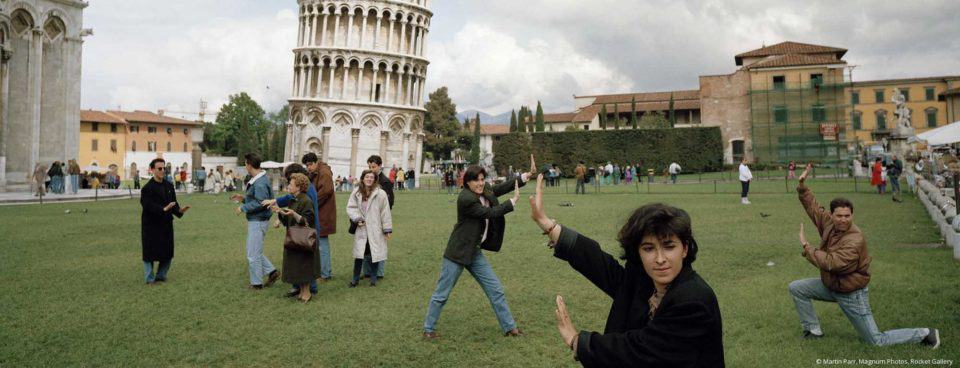
A powerful photographic satirist that seeks out humor in the darkest places, Parr can make you laugh and think as he meshes tragedy with comedy in a way that’s at once incredible and routine.
